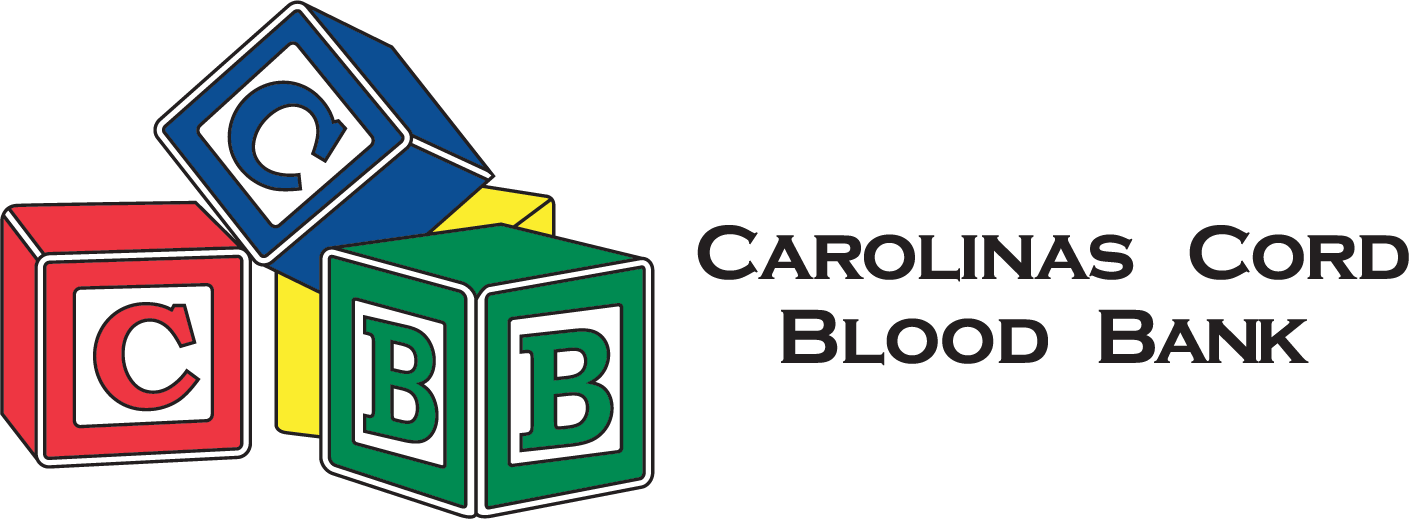FAQs
Umbilical cord blood (often called cord blood) is the blood left in the umbilical cord and placenta after the baby is born and the cord is cut. Cord blood usually is discarded along with the umbilical cord and placenta. Cord blood, however, is a rich source of hematopoietic stem cells. Hematopoietic stem cells are unspecialized cells that produce all blood cells. These include:
- Platelets, which are needed for blood clotting
- Red blood cells, which transport oxygen to the cells
- White blood cells, which help fight disease
Stem cells can be used to treat various genetic disorders that affect the blood and immune system, leukemia and certain cancers, and some inherited disorders of body chemistry.
Individuals with certain illnesses are treated with chemotherapy and/or radiation that destoys their own stem cells. Following this treatment, they receive a cord blood transplant. The transplanted stem cells make their way to the bone marrow. In the marrow, the stem cells continually make new copies of themselves and produce blood cells that rebuild a healthy immune system.
Stem-cell transplants can be lifesaving for people with leukemia and other cancers, or for those with serious blood disorders. Approved uses for cord blood include:
- Hematologic Malignancies
- Bone Marrow Failure Diseases
- Immune Deficiencies
- Inherited Transfusion Dependent Anemias
- Metabolic/Storage Diseases
- Platelet Diseases
- Red Blood Cell Diseases
- Sickle Cell Disorders
- Thalassemia Disorders
- White Blood Cell Diseases
There is no cost to donate to a public cord blood bank. Public cord blood banks cover the costs of collecting, processing and storing cord blood units.
No, you will not be notified if the cord blood is used for transplant.
No one knows for sure, but it’s possible that cord blood may be kept indefinitely when stored properly.
Maternal blood is tested for infectious diseases, including hepatitis and AIDS. This is done to reduce the chances of passing on an infectious disease through the transplantation of the cord blood.
No, public banks cannot accept donations if you are having twins. Tissue types are used to match a cord blood unit to a patient, and there could be a possibility of mixing or confusing the tissue types of the two umbilical cords
